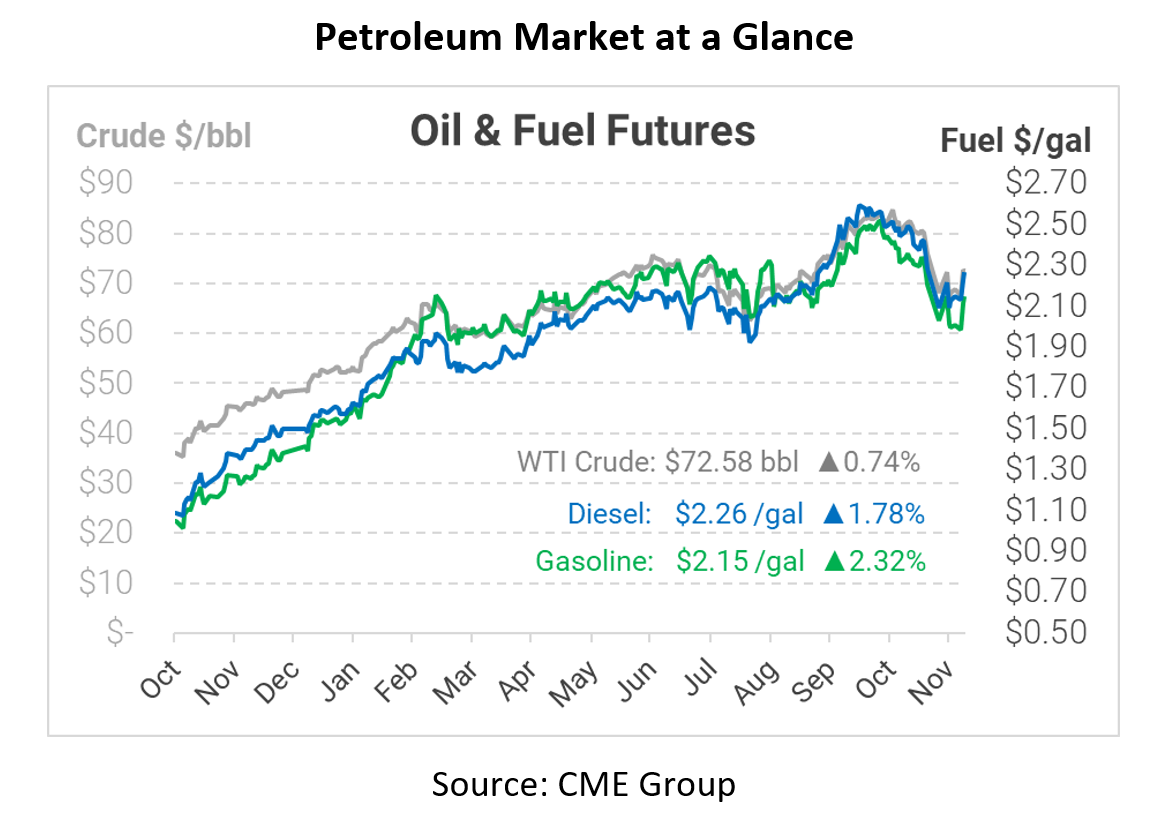
EPA Announces Biofuel Requirement – Both Sides React
The EPA finally released its 2020-2022 renewable fuel requirements, and critics on both sides of the aisle have jumped in with concerns. The EPA set the 2020 Renewable Volume Obligation (RVO) to 17.13 billion gallons, undoing the previously required 20.09 billion gallons set before the pandemic. They also slashed the 2021 requirement to 18.5 billion gallons, while increasing 2022 to 20.8 billion gallons. In addition, the proposed ruling would reject 65 applications for small refinery exemptions, in line with a federal court ruling earlier this year which made exemptions harder to receive.
Both sides of the debate were quick to weigh in. Refiners say the new obligation is still too high and creates a financial burden. Last year’s fuel demand was down substantially, so there were fewer petroleum gallons with which to blend renewable fuels. Refiners who do not blend enough renewable fuels with their petroleum output must buy credits for the difference. The retroactive move for 2020 is less strict than the pre-pandemic requirements, but refiners had hoped for an even lower RVO to avoid the need to purchase credits.
On the flip side, renewables manufacturers say that the White House is betraying its commitment to cleaner energy. Plants manufacturing ethanol, biodiesel, and renewable diesel rely on the EPA’s requirement to guarantee demand – so revisions can negatively impact their business. To alleviate concerns, the USDA announced $700 million in COVID-19 relief to biofuel producers, along with a $100 million investment in renewable fuel infrastructure. Still, some industry experts expect the EPA to face lawsuits from both sides given their change to the policy.
Biofuels make up approximately 6% of total US fuel consumption – and are close to 10% of gasoline sales in the US. At the gas station, you’ve likely seen signs noting that gasoline contains up to 10% ethanol, while diesel contains up to 5% biodiesel. These signs are the EPA”s mandate at work. On the positive side, it decreases America’s demand for foreign oil, keeping petroleum prices lower. It also reduces emissions, since biofuels burn more cleanly and come from sustainable resources. On the other hand, biofuel economics can be volatile, meaning that biofuel requirements can sometimes add costs to fuel.
This article is part of Daily Market News & Insights
Tagged:
MARKET CONDITION REPORT - DISCLAIMER
The information contained herein is derived from sources believed to be reliable; however, this information is not guaranteed as to its accuracy or completeness. Furthermore, no responsibility is assumed for use of this material and no express or implied warranties or guarantees are made. This material and any view or comment expressed herein are provided for informational purposes only and should not be construed in any way as an inducement or recommendation to buy or sell products, commodity futures or options contracts.






